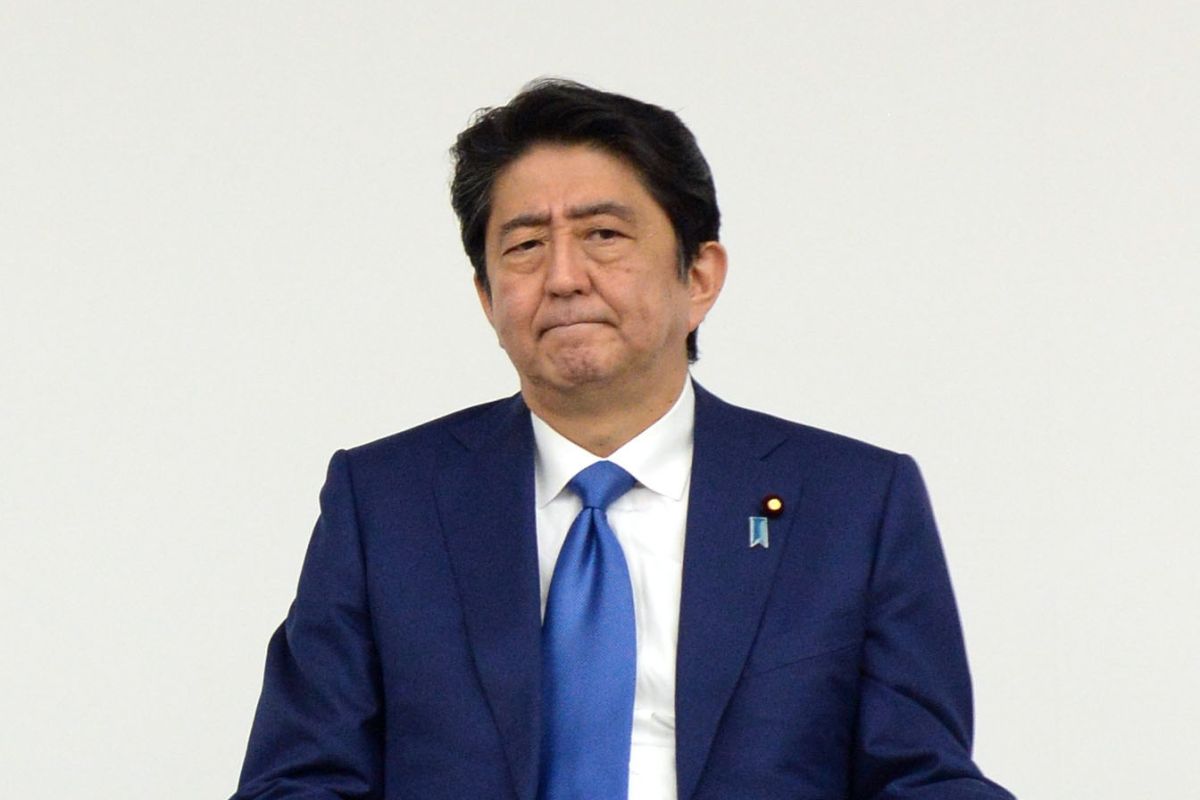India and China
The meeting between External Affairs Minister S. Jaishankar and Chinese Foreign Minister Wang Yi at the G-20 foreign ministers’
The two leaders also discussed North Korea and the denuclearisation of the Korean peninsula, the spokesman said.

(File Photo: IANS)
As Hong Kong is rocked by months of pro-democracy protests, Japanese Prime Minister Shinzo Abe on Monday urged Chinese President Xi Jinping that the city should “continue to be free and open”.
Abe met with Chinese President Xi Jinping in Beijing ahead of flying to the southwestern city of Chengdu to join a trilateral meeting on Tuesday, which will also be attended by South Korean President Moon Jae-in.
Advertisement
During a news briefing, after the two leaders meeting Otaka Masato- spokesman for the Japanese minister of foreign affairs- said that Abe “urged China to continue its self-restraint” over Hong Kong and expressed “hope for an early resolution of the situation”.
Advertisement
The two leaders also discussed North Korea and the denuclearisation of the Korean peninsula, the spokesman said, and Xi “asked for support” for a joint China-Russia draft UN resolution which proposed easing sanctions against the nuclear-armed state.
Abe reiterated that he is very much concerned about the situation…(and) mentioned that under the ‘one country, two systems’, Hong Kong should continue to be free and open and to be able to enjoy its development,” Otaka added.
China runs Hong Kong on a “one country, two systems” model which allows the financial hub key freedoms that are denied people on the authoritarian mainland.
China has faced international condemnation for rounding up an estimated one million Uighurs and other mostly Muslim ethnic minorities in internment camps in the northwestern region of Xinjiang.
On Friday, 80 teachers were arrested and four others have resigned or were suspended amid protests.
There were 123 complaints of protests-related misconduct against teachers between mid-June and late November.
Last week, police said that they foiled a second bomb plot in under a week after officers arrested three men allegedly testing home-made devices and chemicals in a secluded area.
Earlier in the month, Hong Kong’s protests are largely leaderless and organised online. They were initially sparked by a now-abandoned attempt to allow extraditions to the mainland but have since morphed into a popular revolt against Beijing’s rule.
In November, China had accused UK human rights chief, Michelle Bachelet of “inappropriate” interference in the country’s affairs, after she called for investigations into alleged excessive use of force by police in Hong Kong.
Hong Kong’s protests started nearly six months ago in June against proposals to allow extradition to mainland China, a move many feared would undermine the city’s judicial independence and endanger dissidents.
The controversial China extradition bill was withdrawn in early September but the movement has morphed into a wider campaign for greater democracy and against alleged police brutality.
Advertisement